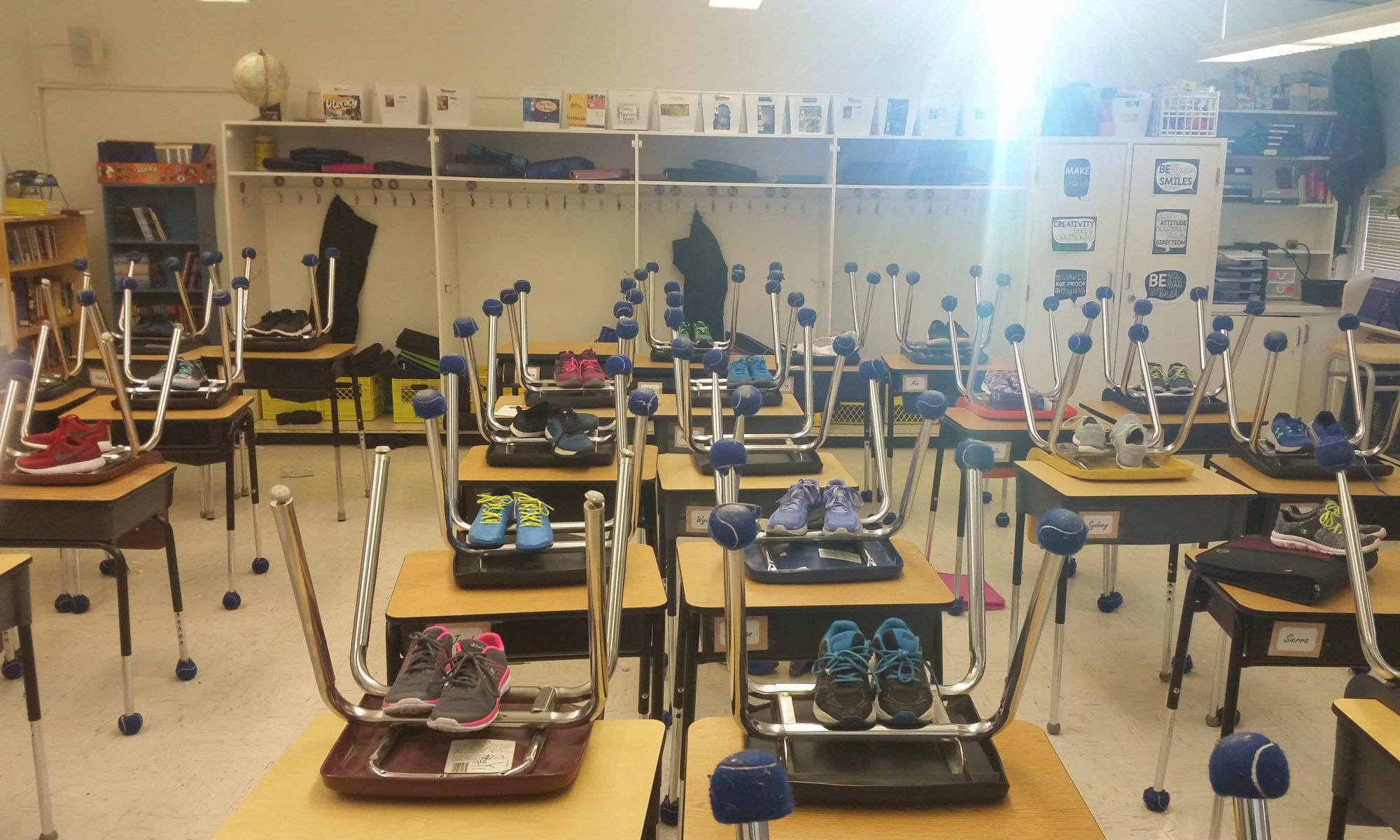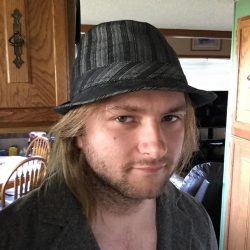Brandon’s Teaching Manifesto
I am a white settler that lives on treaty land (currently treaty 4). I am an aspiring teacher that strives for inclusion, change, and empathy. I enjoy reading, writing, mathematics, teaching, and learning about other cultures. I believe education is for everybody, everyone, and without discrimination. In my opinion, education is open to all. The purpose of teaching and learning is to provide knowledge, opportunities to grow, make-mistakes, feel comfortable and included, open our minds, share ideas, and lastly, emphasize skill development. Now, we will explore influential pedagogies or theories for me.
The most influential pedagogy is the Wholistic pedagogy; furthermore, I learned about this pedagogy in university, and it connects to the ideas of storying, connecting, listening, and relating into a single pedagogy (Peltier, 2017). However, I often combine it with ability groups and multi-level literature and rich questions (Boaler, 2016); this allows me to form a group related inquiry based pedagogy, which emphasizes collective learning (Ministry of Education, 2011); in my opinion, collective learning is a very efficient way to teach and inspire. Now, we will explore how my pedagogies embrace difference, ecological, and social-justice.
My pedagogies focus on having collective learning and discovery, which allows other students to learn from their group members. My pedagogies are like a puzzle that somehow fits together. This will help spread diverse ideas and perspectives. My integration of a Wholistic pedagogy’s elements will ensure an indigenous way of thinking will be included; particularly, my focus on the storing and relating aspects. these features will be combined into grouping activities, which will promote collective learning, high-performers helping low-performers, and inclusion of everybody into the classroom (Boaler, 2016). My focus with inquiry and collective learning is fantastic ecological and social justice because I assign rich-questions based on these themes for the students to explore and discover collectively. As an example, I can provide an ELA assignment based on looking at injustices towards those that are less-privileged, which will promote group-members storying and sharing their own personal connections to these areas. Now, we will explore my views on my treaty responsibilities and contribution to decolonization.
As a white settler living on treaty territory I acknowledge that I have responsibilities to integrate indigenous perspectives and content, respect other cultures and beliefs, spread awareness about and teach the calls to action and reconciliation, and teach my future students about residential schools, which will guide them towards the right and good path. As a settler person on treaty land, I plan on respecting the land that I live on, the cultures that where here first, and the peoples (indigenous people of the particular treaty territory) that signed those treaties. My stance on decolonization is supportive, and I plan on working towards decolonization in my classroom, which includes spreading awareness, information, and integration of indigenous perspectives and content. Now, we will explore my professional growth plan.
My emphasized professional growth is based on making my classroom very flexible, dynamic, inclusive, and supportive. I plan on doing this by focusing on giving more choice, freedom, support, multi-level options, and opportunities for collective-inquiry learning (Aamodt, 2020). Although, I understand this will be a challenge, not easy, and tough. However, I am determined, confidant, and willing to put the effort into change.
References
Boaler, J. (2016). Mathematical Mindsets: Unleashing Student`s Potential Through Creative
Math, Inspiring Messages and Innovative Teaching. Jossey-Bass.
Peltier, S. (2017). An Anishinaabe perspective on children’s language learning to inform
“seeing the aboriginal child”. Language and Literacy, 19 (2), (pp. 4-19).
Ministry of Education. (2011. September). Powerful Instructional Practices: A resource for
Teachers and Administrators [PDF]. Professional Growth Partnership
Aamodt, A. (2020). Curriculum and Pedagogy 2 [lectures in class]. URcourses.

